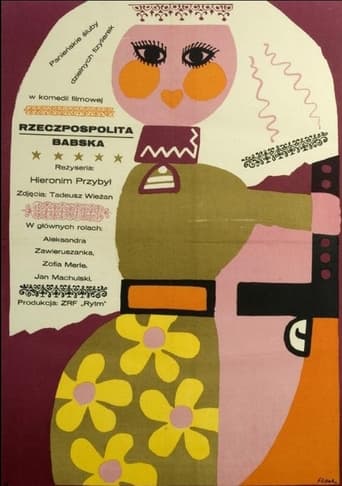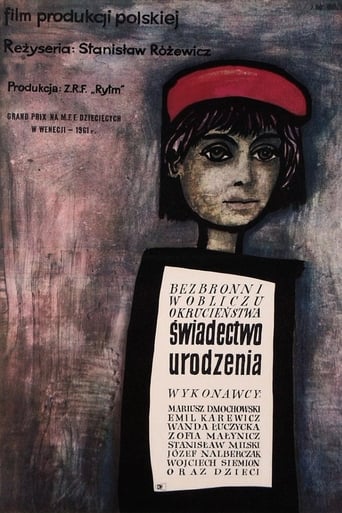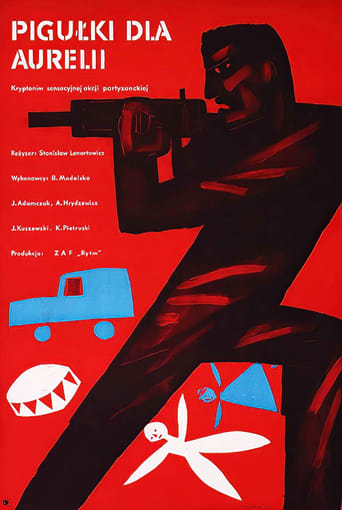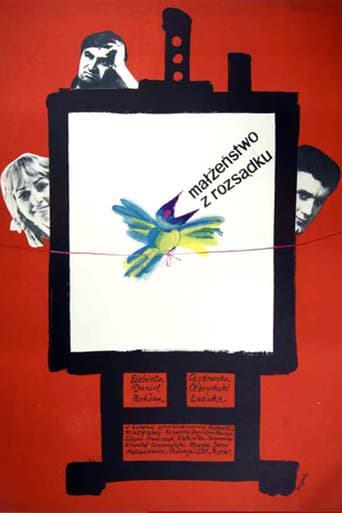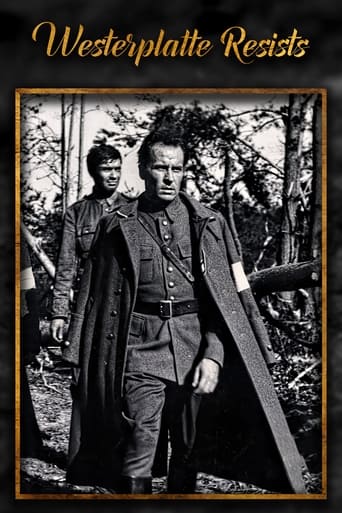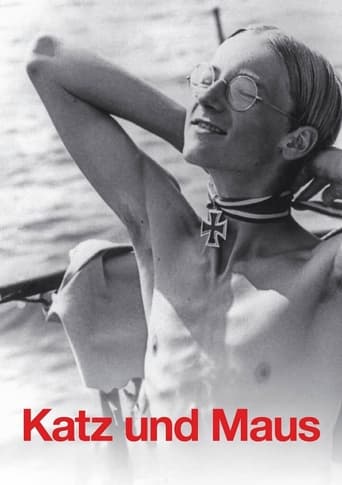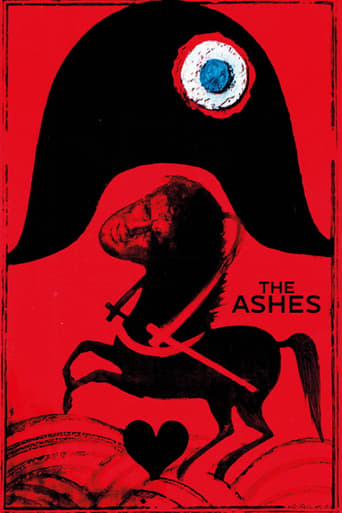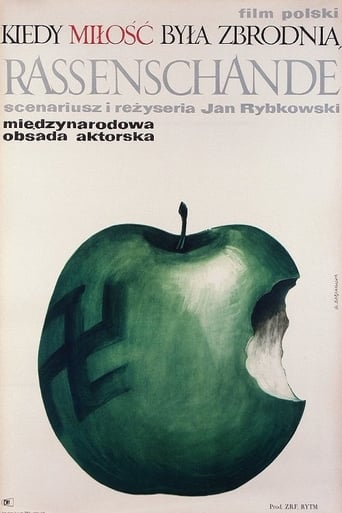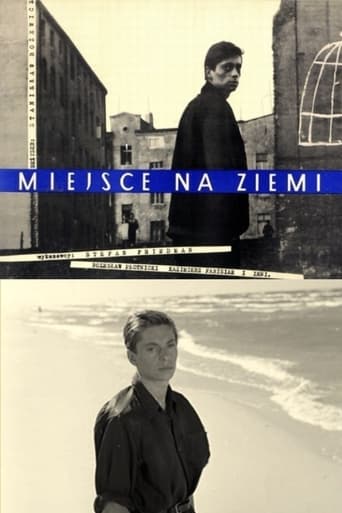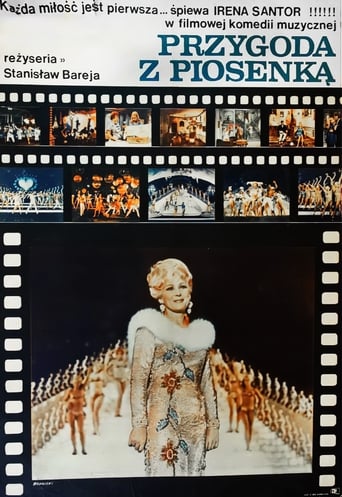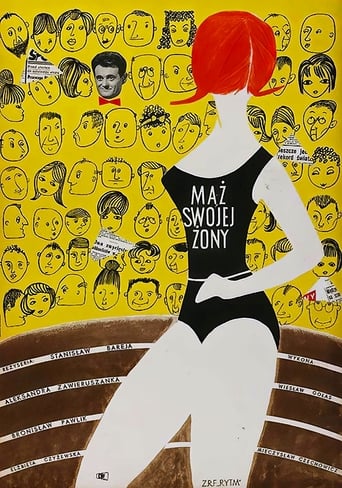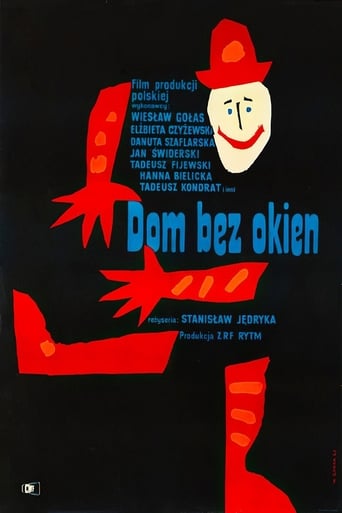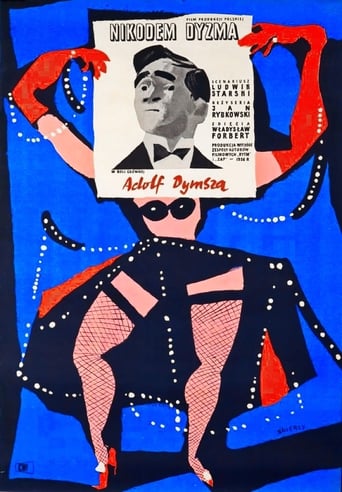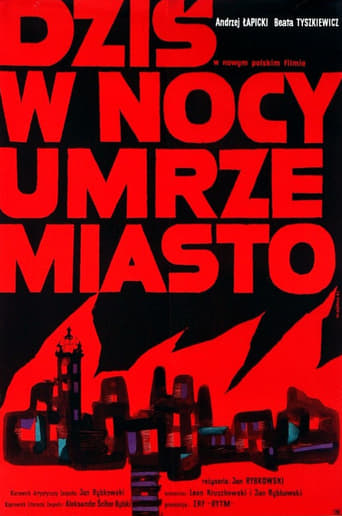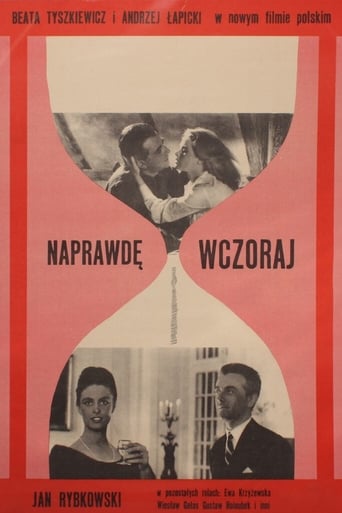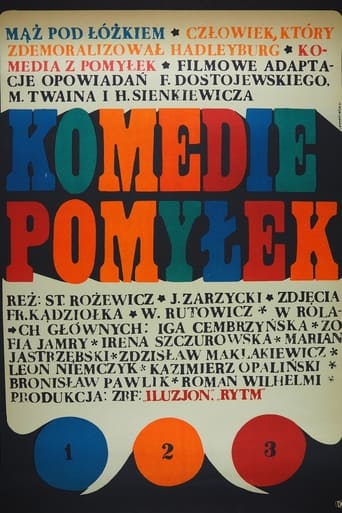In 1966, a former gymnast returns to his hometown Danzig, which is now a part of Poland. He begins to reflect on one of his classmates, Joachim Mahlke, who disappeared during World War II. Mahlke was initially marked as an outsider due to his oversized Adam’s apple, but when he turned out to be a great diver, the in-crowd embraced him. Then he steals a Knight’s Cross from a soldier and is expelled from school. Volunteering for war service, he earns a medal himself and hopes his reputation will be rehabilitated. But the school principal refuses and Mahlke deserts from the army…
